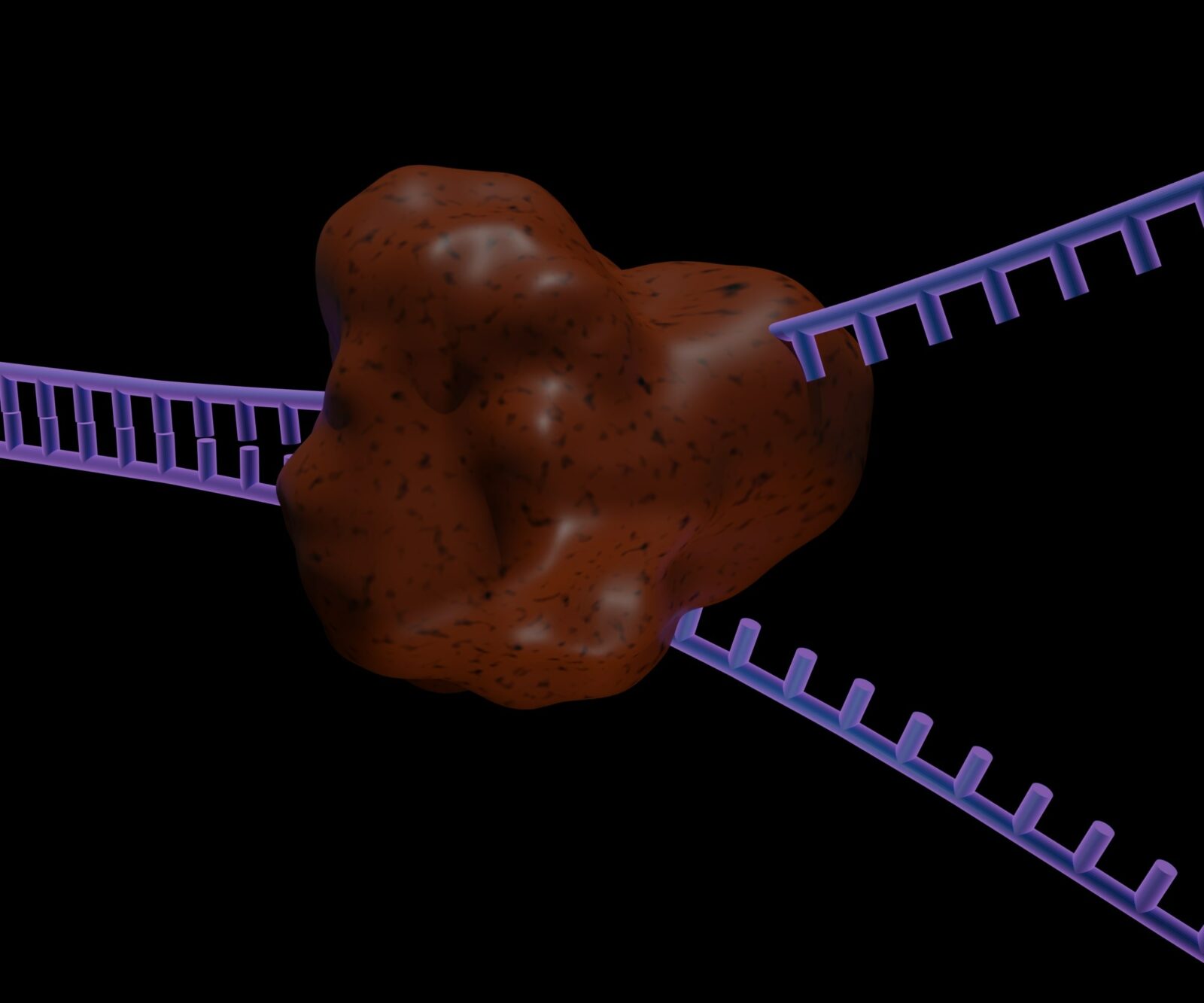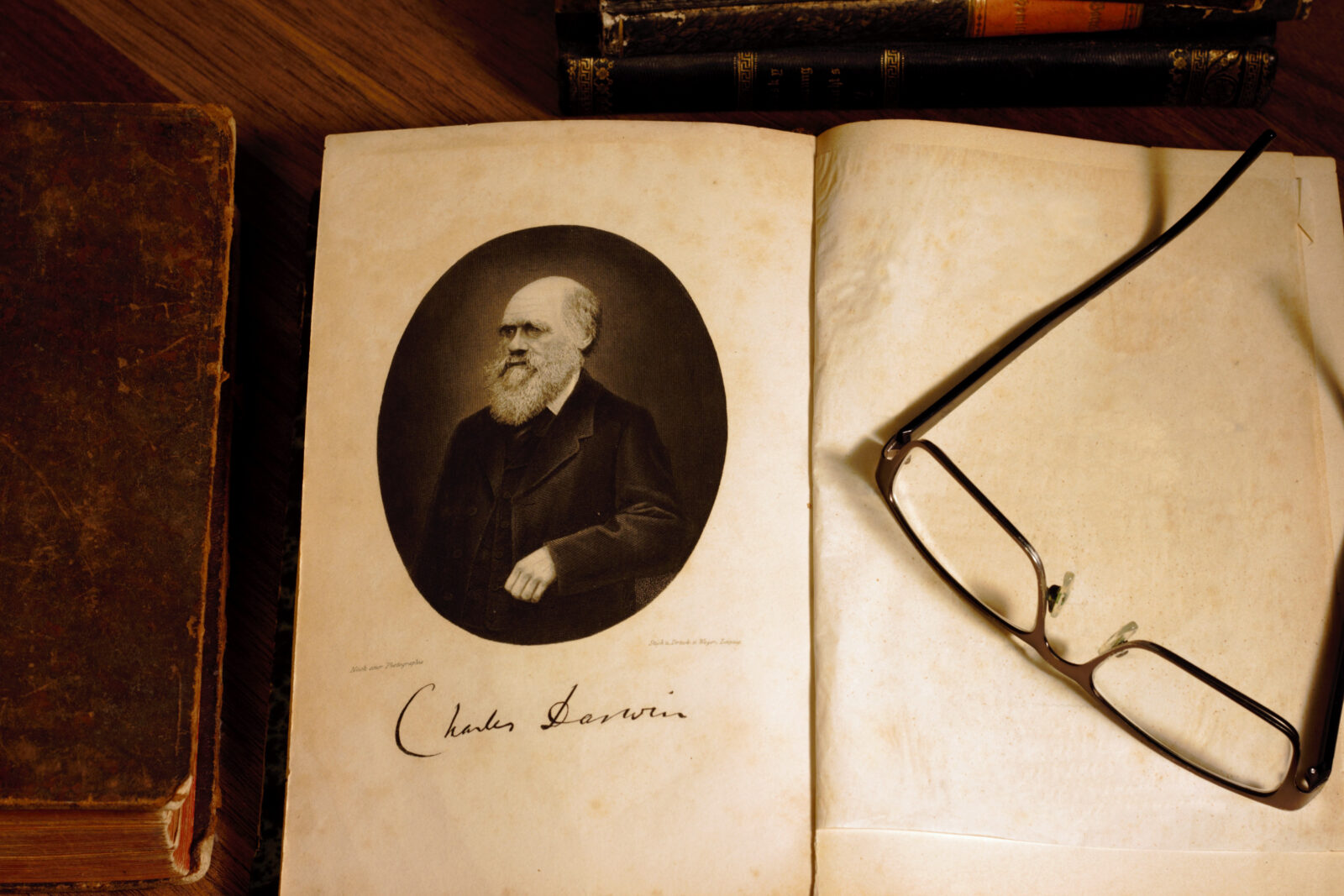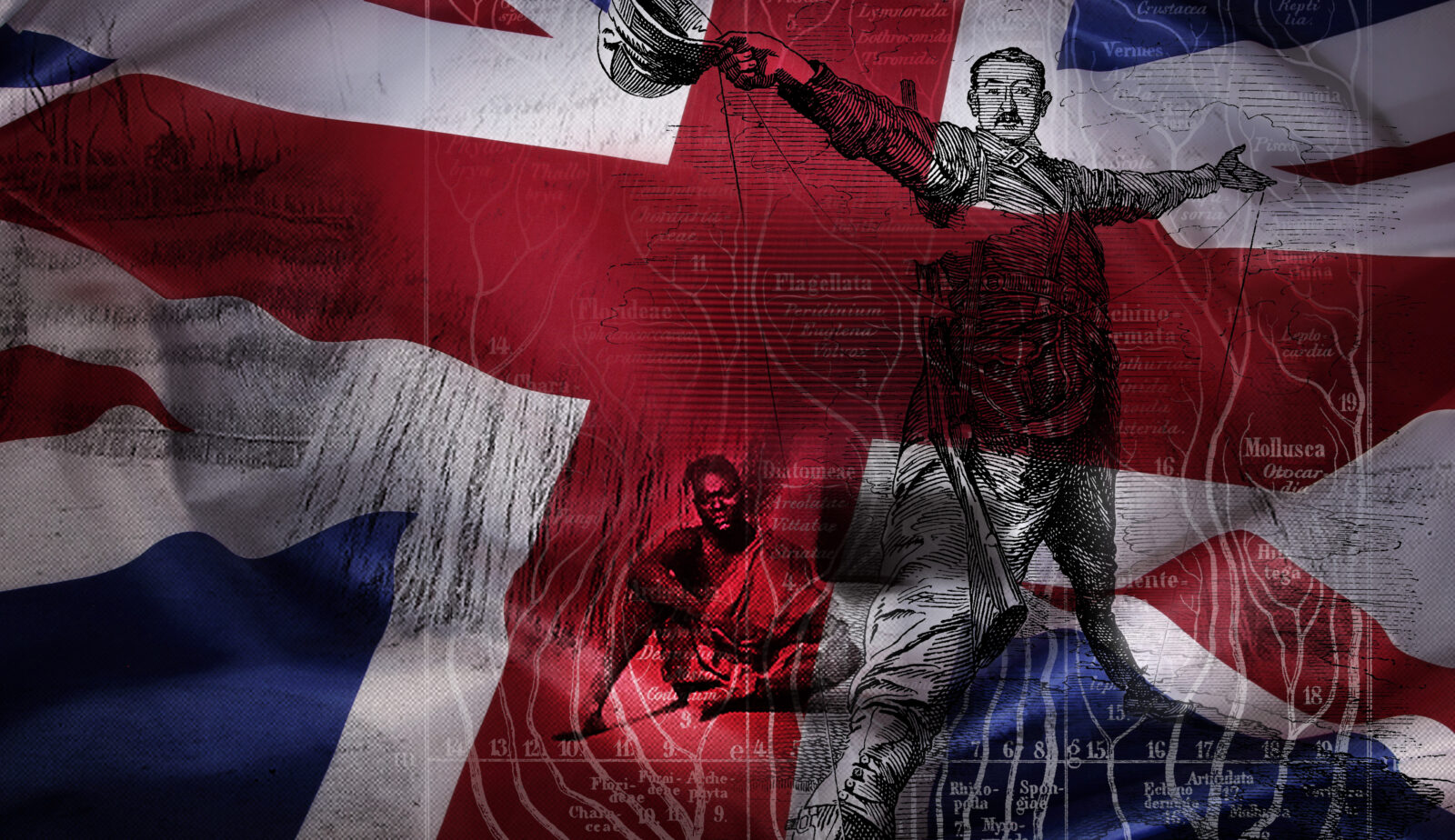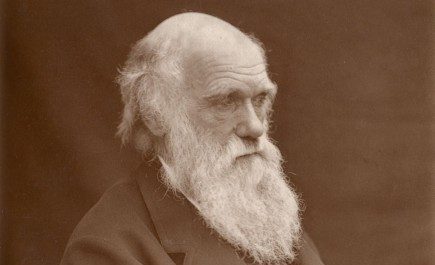


God’s Grandeur: Ann Gauger on Beauty, Intelligibility, and Human Uniqueness

God’s Grandeur: Ann Gauger on the Scientific Case for Design

Do Plant Galls Falsify Darwinism?

Is a New Design-Based Paradigm of Biology Emerging?

Rescuing Evolutionary Theory from Darwinian Mythology

When Darwinian Racism Came to Africa, and the West
Today’s ID the Future features another reading from scholar Olufemi Oluniyi’s new book, Darwin Comes to Africa. In this excerpt we learn how Darwin himself laid much of the groundwork for social Darwinist ideas, primarily in his book The Descent of Man, and how those ideas were energetically developed in the ensuing decades by various mainstream scientists. Oluniyi further details how their work fueled pseudo-scientific racism against black Africans and other indigenous peoples outside the West. To learn more about this neglected corner of modern Western history, and for the good news that the flow of evidence has turned against Darwinism and, with it, social Darwinist principles, pick up Oluniyi’s book here.

When Darwinism Came to Africa, Horrors Ensued
On today’s ID the Future, hear a Nigerian voice-actor reading from the opening pages of Nigerian scholar Olufemi Oluniyi’s new book, Darwin Comes to Africa. In this section from the preface, Oluniyi explores the relationship of Darwinism to Social Darwinism, and some of the ways Social Darwinism fueled and justified horrific ideas and actions among European thinkers and colonizers. Oluniyi tells the story of Russian scientist Ilya Ivanovich Ivanov, who, guided by Social Darwinist thinking, “sought to produce a race of super-soldiers for Stalin’s army by impregnating French Guinea women with the sperm of a dead chimpanzee—black African women, mind you, who were presumed to be less highly evolved and thus closer to chimpanzees than were white European women.” As Oluniyi further notes, this scientist was far from a “lone gunman…. Colonial authorities approved the plan, and the Russian found support amongst both the French and American scientists.” As horrifying as this plan is, it and other horrors make sense under the false and twisted logic of social Darwinism, Oluniyi explains. Buy the eye-opening book here.

Mama Bear Apologetics Takes on Atheist Richard Dawkins
Today’s ID the Future puts atheist Richard Dawkins’s book Outgrowing God under the microscope and reveals multiple ways his argument smashes up against contrary scientific evidence. Walking us through the critique are author and Mama Bear Apologetics founder Hillary Morgan Ferrer and her co-host, Amy Davison. Dawkins invokes the beautiful order evident in the murmuration of bird flocks as evidence that complexity can evolve from simple algorithmic rules. But Ferrer explains why the phenomenon of bird murmuration doesn’t even begin to approach what we find when sophisticated engineering order emerges in the growth of embryos. Ferrer also considers the challenges of re-engineering sperm thermoregulation to move from how it works in marine life to how it works in land animals. For a blind process to traverse this evolutionary pathway while maintaining viability at every stage would require—to adapt a line from Alice in Wonderland—six hundred impossible things before breakfast. What about evolving something simpler, such as the bilayer cell membrane, essential for cellular life? No, Ferrer argues. It’s also far too sophisticated to have evolved through a blind evolutionary process. What is needed is the foresight that comes with intelligent design. Tune in to hear Ferrer and Davison rebut these and other pro-evolution arguments from Richard Dawkins. This episode of the Mama Bear Apologetics podcast is reposted here with permission. To read more from Ferrer and some of her Mama Bear colleagues, pick up their bestselling book Mama Bear Apologetics: Empowering Your Kids to Challenge Cultural Lies.

Evolution: How Darwin’s Four Causal Factors Fail
On today’s ID the Future, Your Designed Body co-author and systems engineer Steve Laufmann continues his conversation with host and neurosurgeon Michael Egnor. In this episode, Laufmann reviews four causal factors involved in Darwin’s theory of evolution, and explains why they lack the power to generate life’s great variety of forms. To dive deeper into his argument, check out Laufmann’s new book co-authored with physician Howard Glicksman.